Find Help
More Items From Ergsy search
-
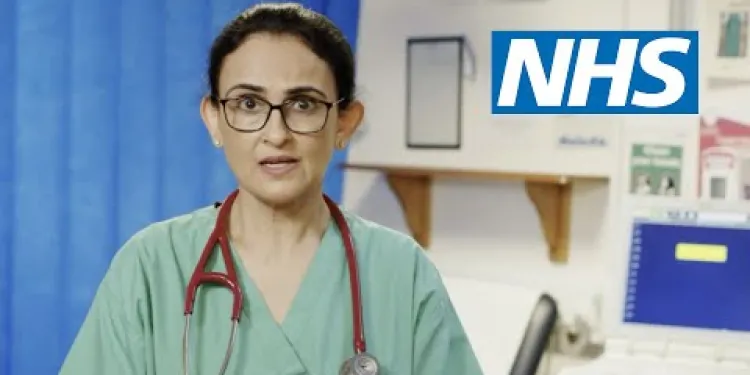
Heart Attack Stories | NHS
Relevance: 100%
-
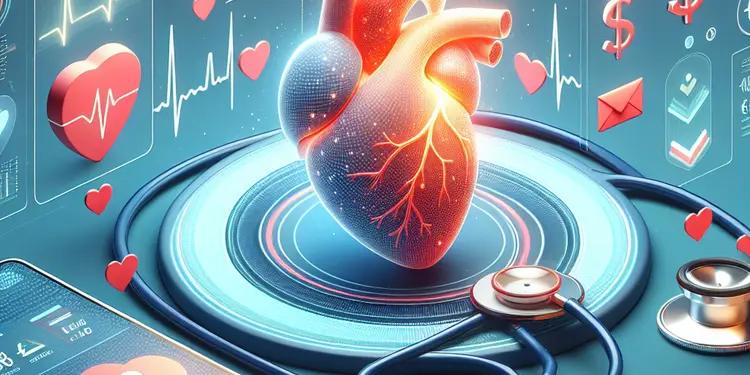
Is it possible to prevent a heart attack?
Relevance: 100%
-
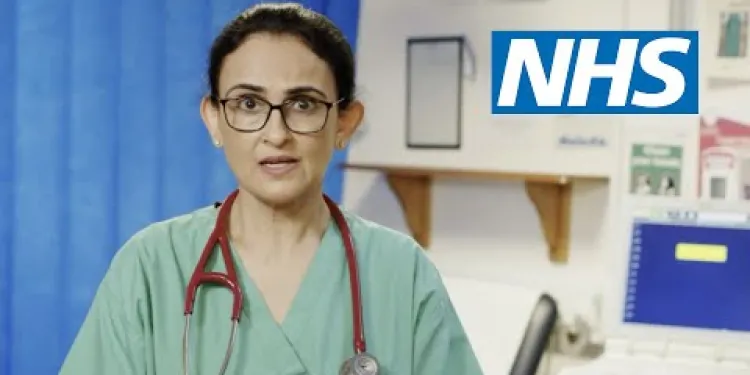
Heart Attack Stories | NHS
Relevance: 99%
-
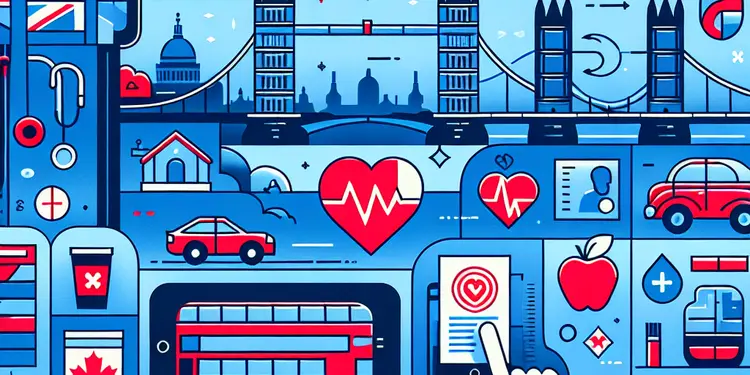
What are the risk factors for a heart attack?
Relevance: 96%
-
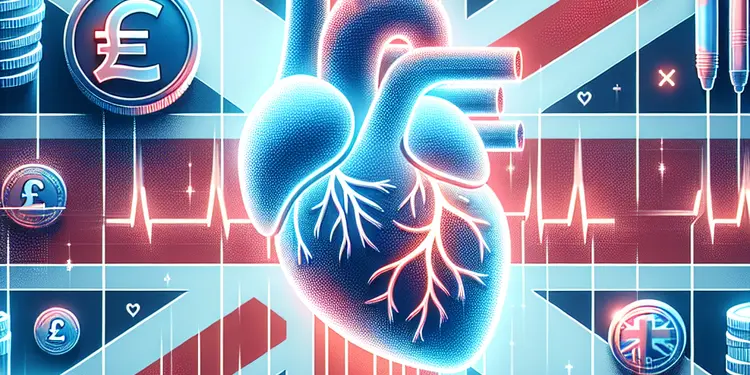
What are the long-term effects of a heart attack?
Relevance: 95%
-
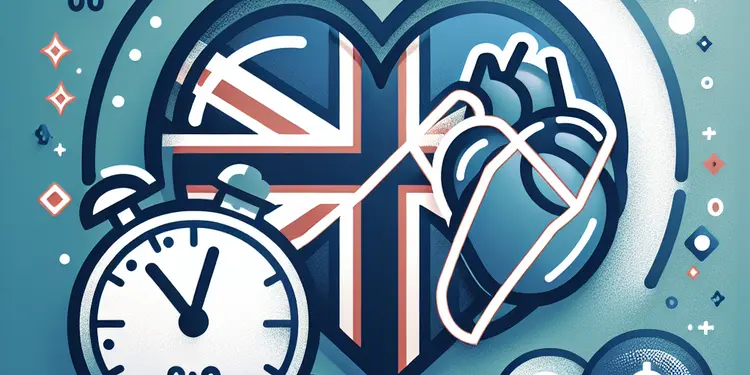
How long do heart attack symptoms last?
Relevance: 92%
-
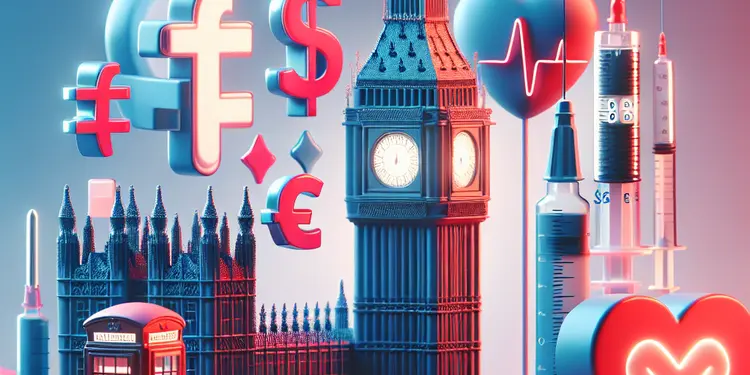
Are heart attack symptoms different for people with diabetes?
Relevance: 92%
-
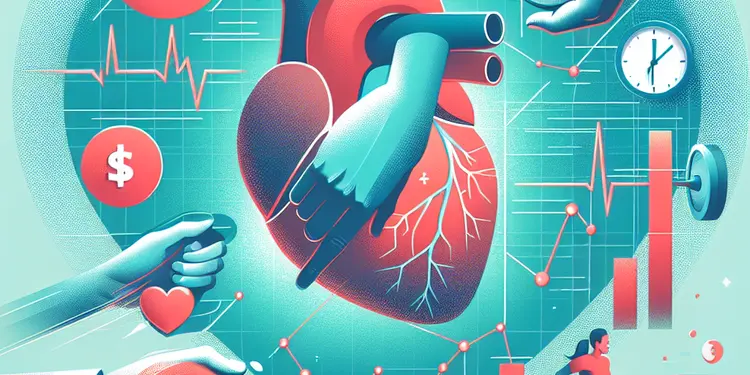
Can physical exertion trigger a heart attack?
Relevance: 91%
-
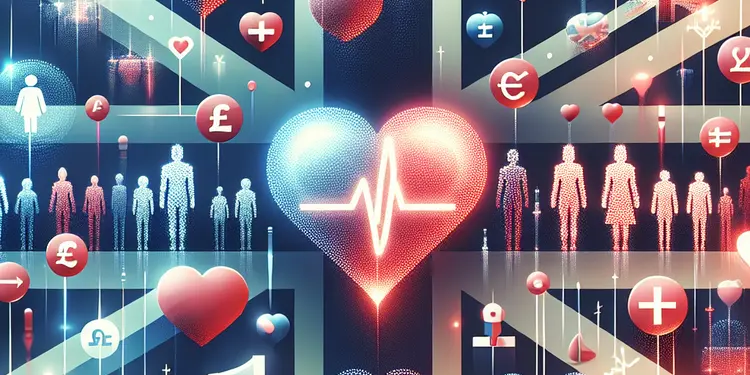
Can heart attack symptoms vary by age?
Relevance: 91%
-
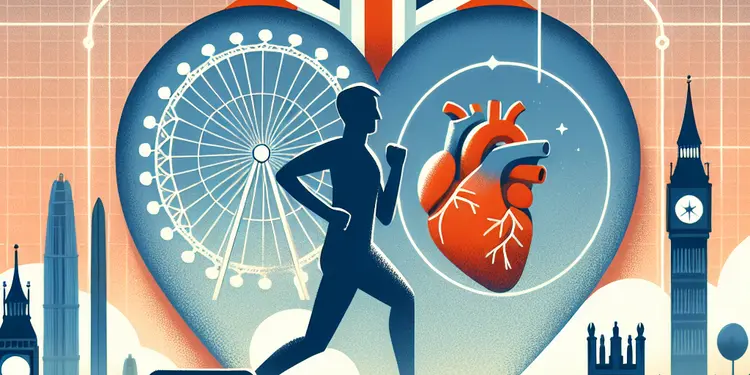
What should I do if I'm experiencing heart attack symptoms?
Relevance: 90%
-
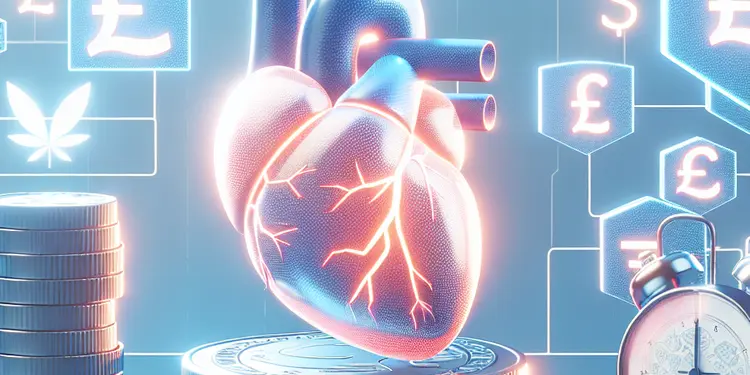
How do beta-blockers contribute to heart attack prevention?
Relevance: 90%
-
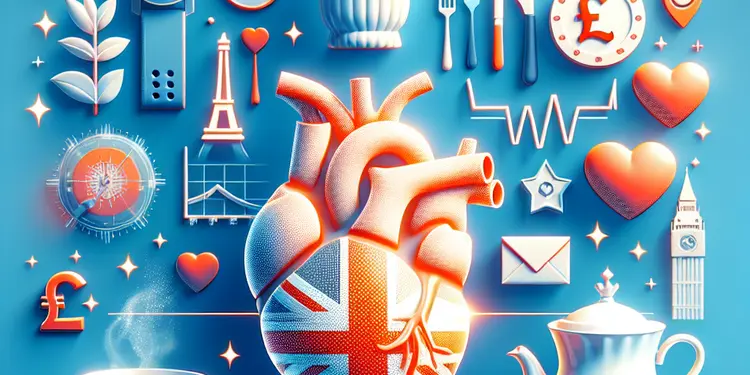
Is it possible to have a heart attack without chest pain?
Relevance: 90%
-
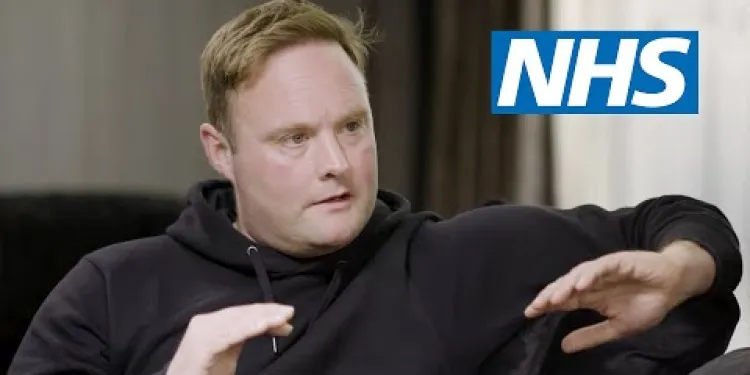
Heart Attack Symptoms - Peter Dale (Tubes) | NHS
Relevance: 88%
-
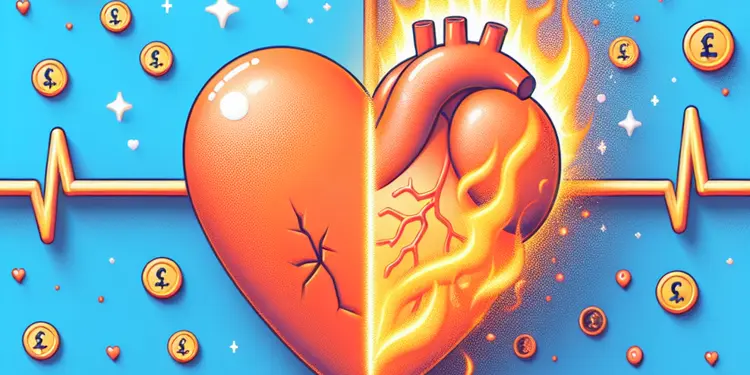
How can I differentiate between heartburn and a heart attack?
Relevance: 88%
-
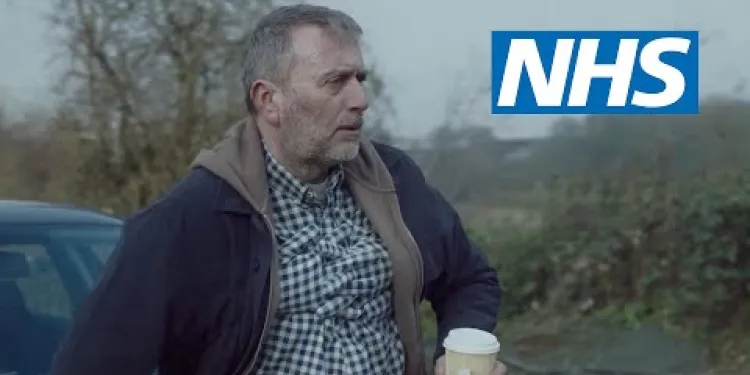
Heart Attack Symptoms - Help Us Help You | NHS
Relevance: 88%
-
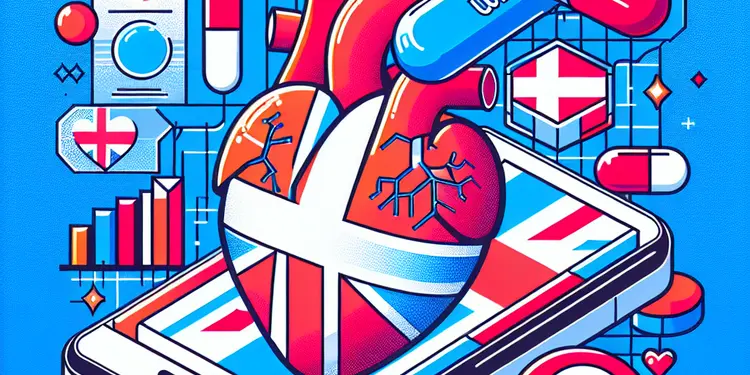
Do calcium channel blockers help in preventing heart attacks?
Relevance: 86%
-
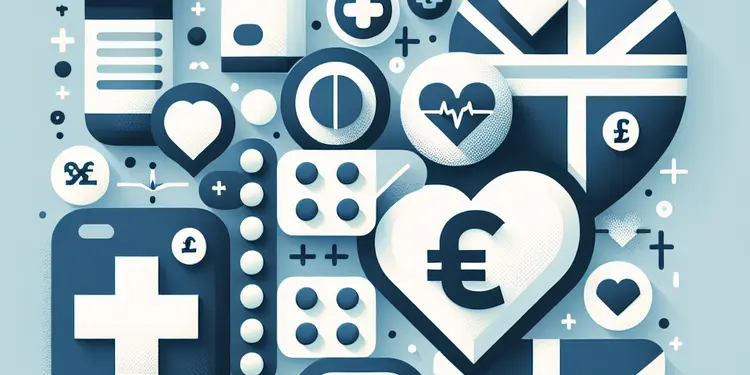
What drugs are commonly prescribed to reduce the risk of heart attacks?
Relevance: 86%
-
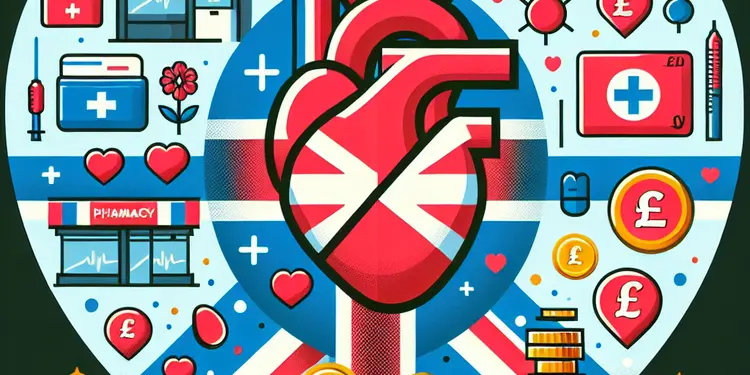
Do over-the-counter medications help in preventing heart attacks and strokes?
Relevance: 85%
-
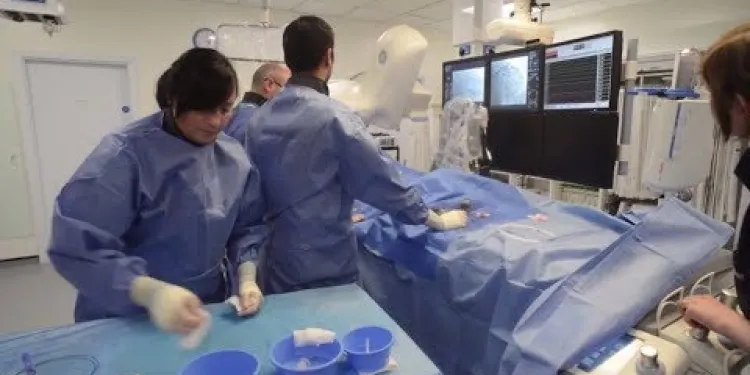
Heart attack care - Raigmore Hospital Inverness, NHS Highland
Relevance: 84%
-
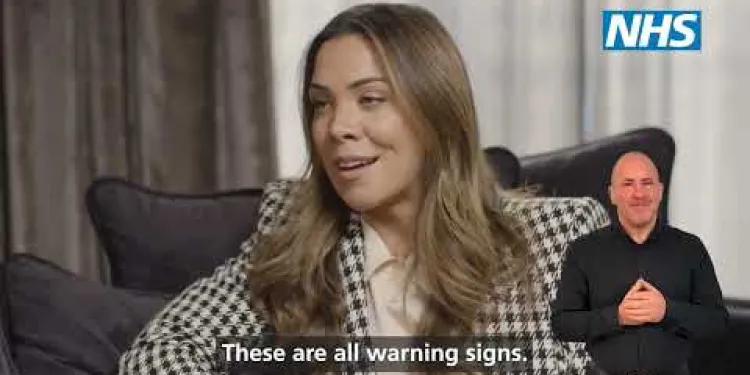
Heart Attack Symptoms - Peter Dale (Tubes) | NHS - BSL version
Relevance: 84%
-

Can women have different heart attack symptoms than men?
Relevance: 84%
-
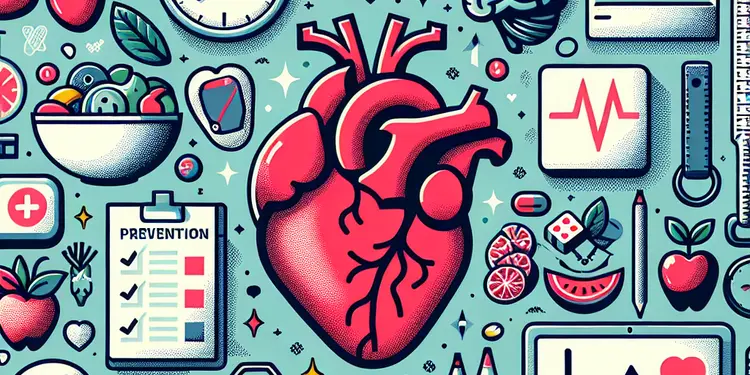
What is the role of lifestyle modification in heart attack and stroke prevention?
Relevance: 83%
-
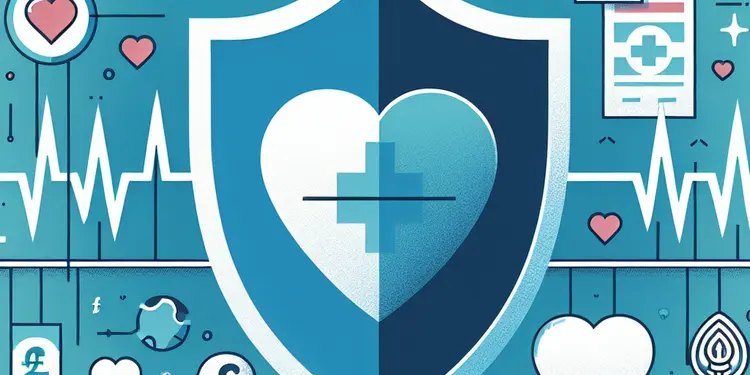
When should one start taking medication for heart attack prevention?
Relevance: 83%
-
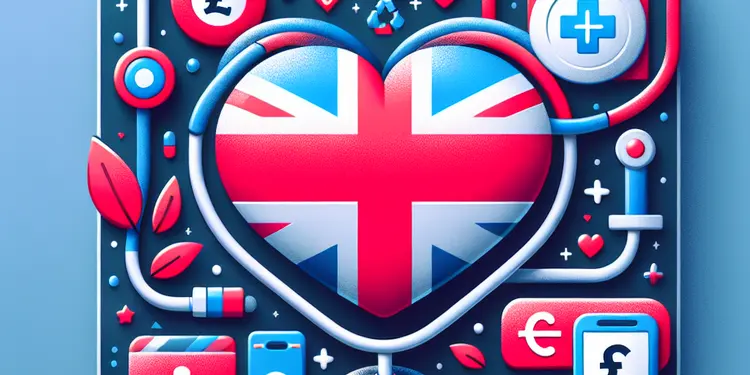
Do all patients need medication to prevent heart attacks and strokes?
Relevance: 83%
-
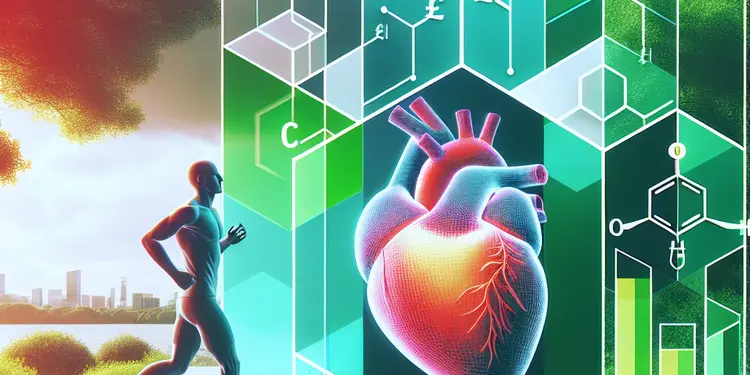
What is the role of PCSK9 inhibitors in heart attack prevention?
Relevance: 80%
-
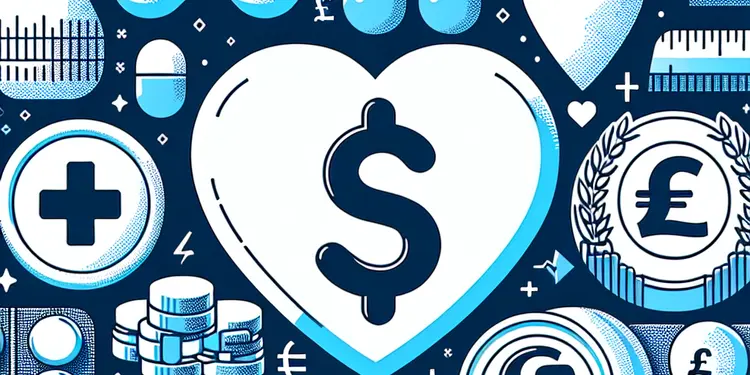
Can diabetes medications also help reduce heart attack risk?
Relevance: 79%
-
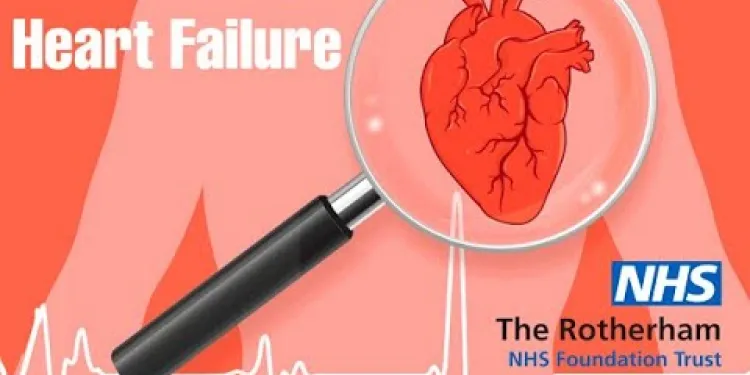
Heart Failure : When the heart becomes stiff?
Relevance: 64%
-
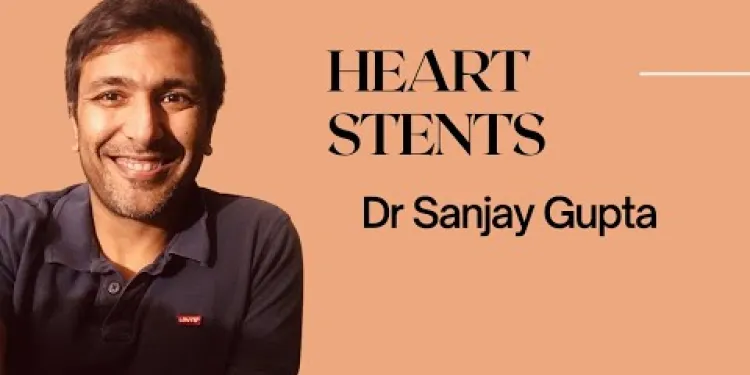
Heart stents
Relevance: 62%
-
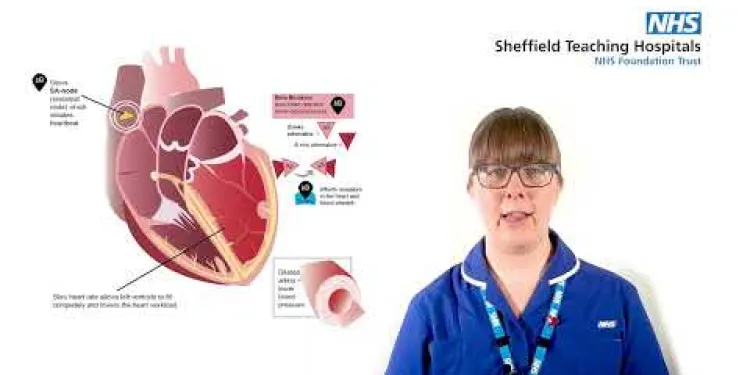
Medicines of the heart
Relevance: 62%
-

Heart Failure : The normal heart
Relevance: 61%
-
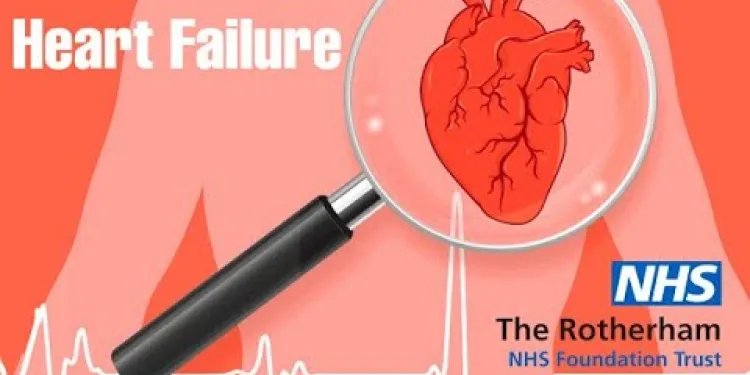
Heart Failure : What is heart failure?
Relevance: 61%
-
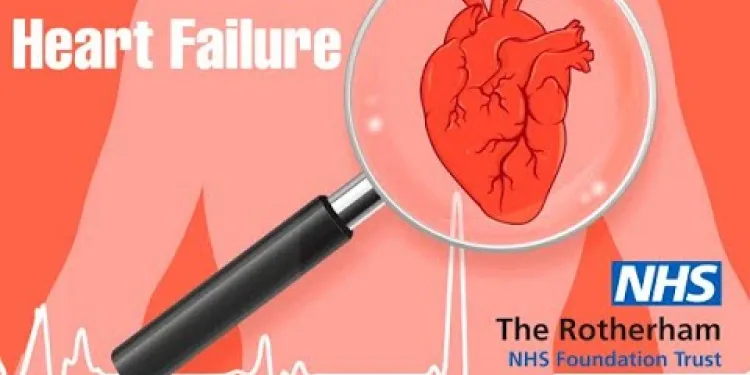
Heart Failure : Heart failure that cannot pump
Relevance: 60%
-
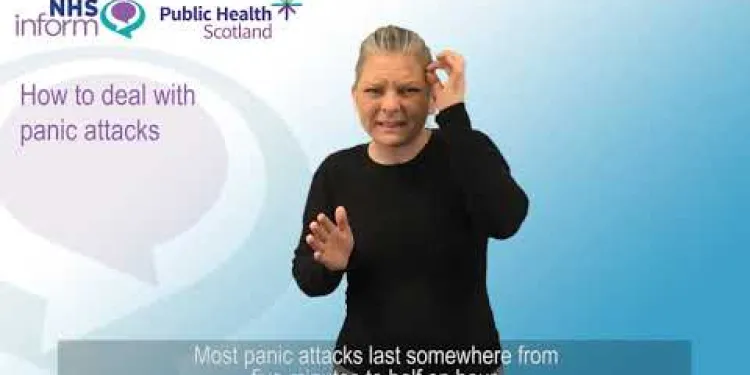
BSL - How to deal with panic attacks
Relevance: 60%
-
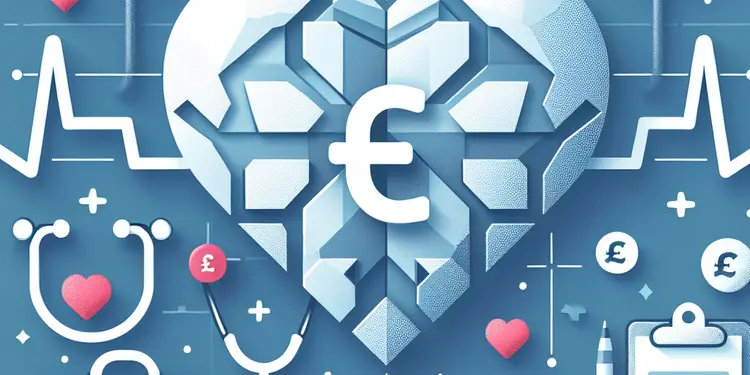
What causes heart failure?
Relevance: 59%
-
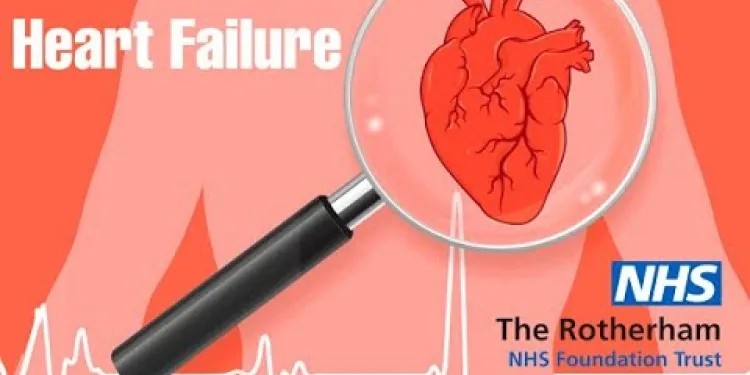
Heart Failure : Symptoms of heart failure
Relevance: 58%
-

Are there any natural supplements that can help prevent heart attacks?
Relevance: 58%
-
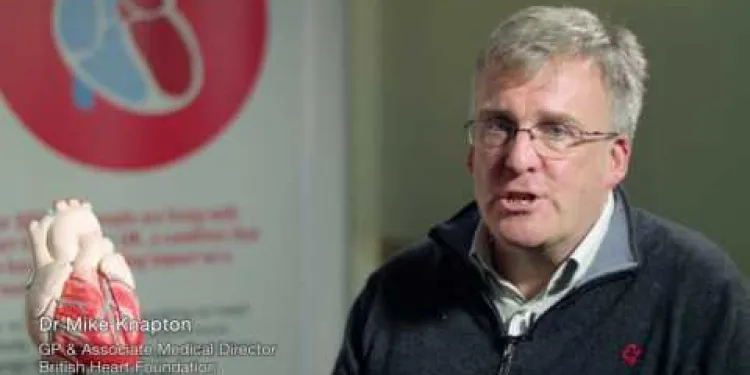
Heart failure introduction
Relevance: 57%
-
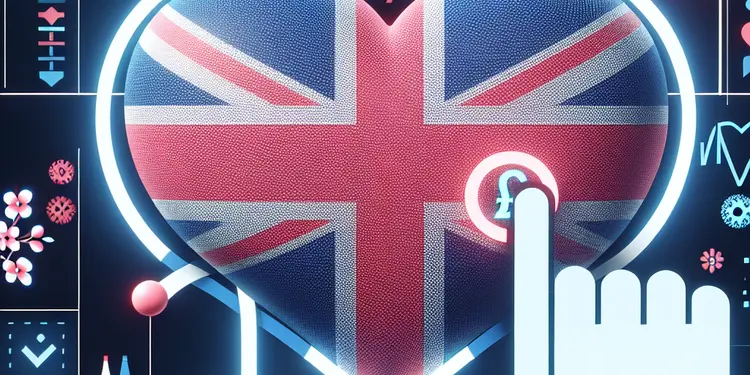
Are there different types of heart failure?
Relevance: 55%
-
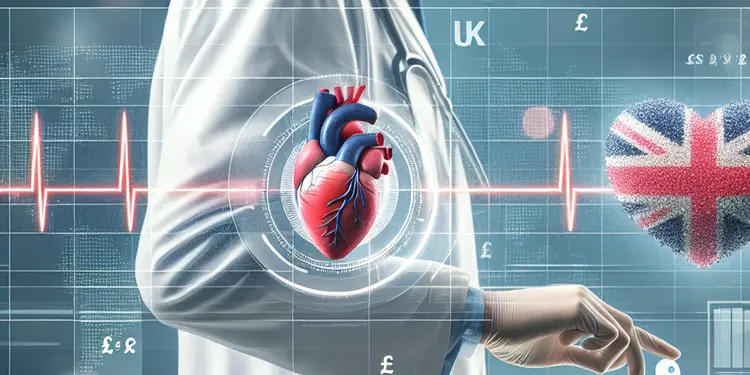
How is heart failure diagnosed?
Relevance: 55%
-
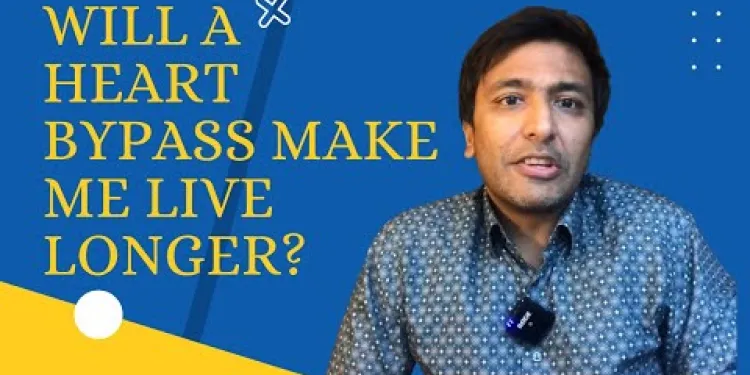
Will a heart bypass make me live longer?
Relevance: 54%
Heart Attack Stories | NHS
Understanding Heart Attacks
A heart attack, or myocardial infarction, occurs when the blood supply to part of the heart is suddenly blocked. In the UK, heart attacks are a major concern, with the NHS constantly working to raise awareness and provide crucial information to help save lives. Understanding the symptoms, causes, and immediate actions can make a significant difference in survival and recovery rates.Symptoms to Watch For
Recognizing the symptoms of a heart attack is vital for immediate and effective medical intervention. Common symptoms include chest pain, which may spread to the arms, neck, jaw, back or stomach, shortness of breath, feeling weak or lightheaded, and an overwhelming feeling of anxiety. Some people, particularly women, may experience less typical symptoms such as a feeling of indigestion or nausea.Personal Stories of Heart Attack Survivors
Hearing real-life stories of heart attack survivors can be both educational and inspiring. John, a 55-year-old from Birmingham, shared how he felt a sudden, intense chest pain while at work. Quick thinking by his colleagues to call 999 saved his life. Another story is of Mary, a 63-year-old from Manchester, who initially mistook her symptoms for indigestion. Only after multiple warnings did she seek help, highlighting the importance of not ignoring any unusual signs.Immediate Actions to Take
The NHS stresses the importance of acting swiftly when a heart attack is suspected. Call 999 immediately if you or someone else is experiencing severe chest pain or other symptoms. Administering aspirin if appropriate and recommended until emergency services arrive can also help to increase the chances of survival.Prevention and Lifestyle Changes
Preventative measures can significantly reduce the risk of a heart attack. The NHS suggests maintaining a healthy diet, regular physical activity, managing stress, avoiding smoking, and keeping conditions like high blood pressure, cholesterol, and diabetes under control. Regular check-ups with your GP can also aid in preventing heart issues.Support from the NHS
The NHS provides comprehensive support for those recovering from heart attacks, including cardiac rehabilitation programmes which combine exercise, education, and support to help individuals return to a normal life. Access to specialists, medications, and follow-up care is designed to ensure the best possible recovery.Conclusion
Heart attacks are life-threatening emergencies, but with prompt action, awareness of symptoms, and lifestyle changes, their impact can be substantially mitigated. The NHS continues to support heart attack awareness and treatment, offering numerous resources to educate the public and support survivors in the UK.Heart Attack Stories | NHS
Understanding Heart Attacks
A heart attack happens when blood can't get to part of the heart. This is a big problem in the UK. The NHS wants to help by teaching people what to look for and what to do. Knowing the symptoms and what to do right away can help save lives.Symptoms to Watch For
It is important to know the signs of a heart attack so you can get help fast. Common signs are chest pain that might move to your arms, neck, jaw, back, or stomach. You might also feel out of breath, weak, dizzy, or very anxious. Some people, especially women, might feel like they have indigestion or feel sick.Personal Stories of Heart Attack Survivors
Hearing stories from people who had heart attacks can be helpful. John is 55 and from Birmingham. He suddenly felt strong chest pain at work, and his colleagues called 999 right away. This quick action saved his life. Mary is 63 and from Manchester. She thought her symptoms were just indigestion. After a few warnings, she got help. Her story shows why it's important not to ignore unusual signs.Immediate Actions to Take
If someone might be having a heart attack, it is important to act fast. Call 999 right away if there is strong chest pain or other signs. Giving an aspirin if it is safe to do so and until help arrives can help too.Prevention and Lifestyle Changes
Changing how you live can help avoid heart attacks. The NHS says to eat healthy, exercise often, manage stress, avoid smoking, and keep an eye on blood pressure, cholesterol, and diabetes. Regular check-ups with your doctor help prevent problems.Support from the NHS
The NHS helps people get better after heart attacks. There are special programmes to help with exercise, learning, and support to get back to normal life. There are experts, medicines, and follow-up care to help you recover well.Conclusion
Heart attacks are very serious, but knowing what to do, understanding the signs, and changing your lifestyle can help a lot. The NHS works hard to teach people and help those who have had a heart attack in the UK.Frequently Asked Questions
What are the common symptoms of a heart attack?
Common symptoms include chest pain or discomfort, pain in other parts of the body (such as arms, jaw, neck, back), feeling weak, lightheaded, or faint, and shortness of breath.
Can heart attacks have symptoms other than chest pain?
Yes, symptoms can also include nausea, sweating, feeling very anxious (similar to a panic attack), coughing or wheezing.
What should I do if I suspect someone is having a heart attack?
Call 999 immediately for an ambulance. While waiting, it's important to remain calm. If the person is conscious, ask them to sit down and stay calm.
What are the causes of heart attacks?
Heart attacks are usually caused by coronary heart disease, where the coronary arteries become narrowed by a gradual buildup of fatty material within their walls.
Who is at risk of having a heart attack?
Risk factors include age (45 or older for men, 55 or older for women), family history, smoking, high blood pressure, high cholesterol, diabetes, obesity, and lack of physical activity.
Can lifestyle changes reduce the risk of a heart attack?
Yes, lifestyle changes such as eating a balanced diet, exercising regularly, quitting smoking, and reducing stress can significantly reduce the risk.
How can I manage my health after surviving a heart attack?
Follow your doctor's recommendations, take medications as prescribed, attend cardiac rehabilitation, make lifestyle changes, and monitor your health regularly.
Are heart attacks more common in men or women?
While men are at higher risk of heart attacks at an earlier age, women face a higher risk post-menopause. Symptoms can also present differently in women.
Can heart attacks be prevented?
Although heart attacks cannot be guaranteed to be prevented, reducing risk factors through lifestyle changes, managing medical conditions, and taking prescribed medications can lower your risk.
What medical treatments are available for heart attacks?
Treatments may include medications (such as aspirin, thrombolytics, and anticoagulants), angioplasty and stenting, and surgery like coronary artery bypass grafting (CABG).
What is the role of aspirin in a heart attack?
Aspirin can help reduce the clotting of blood, thus facilitating blood flow to the heart. It’s important, however, to follow medical guidance on aspirin use.
What lifestyle changes should be adopted after a heart attack?
Adopt a heart-healthy diet, engage in regular physical activity, quit smoking, manage stress, maintain a healthy weight, and follow your healthcare provider's advice.
Can stress cause a heart attack?
Chronic stress can contribute to heart disease and increase the risk of a heart attack due to the strain it puts on the heart and blood vessels.
Are there different types of heart attacks?
There are two main types: ST-segment elevation myocardial infarction (STEMI) and non-ST-segment elevation myocardial infarction (NSTEMI), both requiring different management approaches.
What are the warning signs of a heart attack in women?
Women may experience symptoms such as unusual fatigue, sleep disturbances, shortness of breath, indigestion and anxiety. These symptoms can be subtler than the classic chest pain.
What are the common symptoms of a heart attack?
A heart attack is when your heart has trouble and can't get enough blood.
Here are some signs that someone might be having a heart attack:
- Chest pain or feeling tight in the chest.
- Pain in the arms, back, neck, jaw, or stomach.
- Feeling very out of breath.
- Feeling very weak, light-headed, or like you might faint.
- Nausea or feeling like you might be sick.
- Cold sweat.
If you think someone is having a heart attack, call for help right away.
Tools to help:
- Ask someone to read this to you.
- Use pictures to understand the signs.
- Watch a video that explains what a heart attack is.
Some signs that something might be wrong are:
- Your chest hurts or feels funny.
- Other parts of your body hurt, like your arms, jaw, neck, or back.
- You feel weak, dizzy, or like you might fall over.
- It's hard to breathe.
If you need help with this information, you can:
- Ask someone to read it to you.
- Use a tool that reads the text out loud.
- Break it down into smaller bits.
- Draw a picture to help you understand.
Can you have signs of a heart attack that are not chest pain?
Yes, sometimes heart attacks can have different signs. Here are some other signs you might feel: - You might feel very tired. - Your arms, back, or neck could hurt. - You could feel dizzy or sick in your stomach. - You might have trouble breathing. It's good to know these signs. If you or someone else has them, tell an adult or call for help right away. If reading or understanding this is hard, try asking someone to read it with you or use a tool that reads text out loud.Yes, you might also feel sick, sweaty, very scared (like a panic attack), or have a cough or trouble breathing.
What to Do If You Think Someone Has a Heart Attack
If you think someone is having a heart attack, stay calm and do these steps:
- Call 911 right away. Tell them it's an emergency.
- Help the person sit down and rest. Keep them calm.
- If they have medicine for heart problems, like nitroglycerin, help them take it.
- If they are not allergic and are awake, you can give them one aspirin to chew.
- Stay with the person until help arrives.
If they stop moving or breathing, start CPR if you know how.
Learning CPR can help you save a life. Ask your family or teacher if you can learn CPR.
Call 999 right away to get an ambulance. While you wait, try to stay calm. If the person is awake, ask them to sit down and be calm too.
What makes heart attacks happen?
Heart attacks happen when the heart's blood tubes, called coronary arteries, get blocked. The blockage happens because of fat building up inside the tubes.
Who can have a heart attack?
Things that can make health problems more likely are:
- Being 45 or older for men
- Being 55 or older for women
- Family history of health problems
- Smoking
- High blood pressure
- High cholesterol
- Diabetes
- Being very overweight (obesity)
- Not exercising enough
Using tools like pictures or videos can help understand these better.
Can changing how you live help your heart stay healthy?
Could doing things differently, like eating healthy food or exercising more, keep your heart strong? Small steps in what you eat and how active you are can make a big difference.
Here are some tips to help:
- Eat more fruits and vegetables.
- Move your body every day. This could be walking, playing, or dancing.
- Try to spend less time sitting still.
- Talk to a trusted adult or a doctor to learn more about keeping your heart healthy.
These small changes can help you feel better and keep your heart safe.
Yes, changing how you live can help. Eating healthy food, doing exercise, stopping smoking, and keeping calm can really help to make you healthier.
How can I take care of my health after a heart attack?
After a heart attack, it's important to take good care of yourself. Here are some simple tips:
- Listen to your doctor: Your doctor will give you advice on what to do. Follow their instructions carefully.
- Eat healthy foods: Try to eat fruits, vegetables, and foods low in salt and fat.
- Stay active: Do some light exercise, like walking. Always check with your doctor about what exercises are safe for you.
- Take your medicine: Make sure you take all the medicines your doctor gives you.
- Talk to someone: It can help to talk about how you feel. You can talk to a friend, family member, or a therapist.
- Use reminders: Tools like a calendar or an app on your phone can help you remember to take medicine or go to appointments.
Taking these steps can help you feel better and stay healthy.
Listen to what your doctor says. Take your medicine the way you are told. Go to heart rehab sessions. Change some things in your life to be healthier. Keep an eye on how you feel.
Do more men or women have heart attacks?
Heart attacks can happen to anyone, but they happen to men more often than women. It is important for everyone to take care of their heart.
Some ways to keep your heart healthy include eating healthy food, exercising, and not smoking.
If you want to learn more, you can use tools like pictures or videos to help you understand.
Boys and men can have heart attacks when they are younger. After women stop having periods, their risk goes up. Women might also feel different symptoms than men.
Can we stop heart attacks from happening?
Yes, we can do things to help stop heart attacks. Here are some ways:
- Eat healthy food: Eat fruits, vegetables, and whole grains.
- Move your body: Do exercise like walking, running or playing.
- No smoking: Smoking is bad for the heart.
- See a doctor: Go to the doctor for check-ups.
To help understand more, you can:
- Ask a helper to read with you.
- Use pictures or drawings.
You can't always stop a heart attack from happening. But you can make it less likely by doing some things.
Try to live a healthy life, listen to your doctor's advice, and take your medicine if you need to.
Here are some tips to help:
- Eat healthy food. Try fruits and veggies.
- Move your body. Go for a walk or play outside.
- Don't smoke. It hurts your heart.
- See your doctor. They can help you stay healthy.
Tools like reminder apps can help you take your medicine on time. You can also ask a friend or family member to help you remember.
What treatments can help if someone has a heart attack?
If someone has a heart attack, doctors can give them medicine to help. They might also do special exercises to make their heart strong again. Here are some ways doctors can help:
- Doctors can give medicine to help blood flow.
- They might use a balloon to open up a blocked artery.
- Doctors might put in a tiny tube called a stent to keep arteries open.
- Surgery might be needed to help blood go around a blockage.
- Doctors will explain what foods and exercises are good for the heart.
It’s important to listen to doctors and follow their advice. Family or caregivers can help by reminding or going with the person to the doctor. Using pictures or simple charts might help understand the treatments better.
Treatments can include medicine like aspirin and other drugs that help stop blood clots. Doctors might also use a small balloon to open up blood vessels or put a tiny tube called a stent in to keep them open. Sometimes, surgery is needed to help blood flow around blocked parts of the heart. This is called coronary artery bypass grafting, or CABG.
How does aspirin help during a heart attack?
Aspirin is a medicine. It helps people who are having a heart attack. Aspirin can make the blood less sticky. This helps blood flow better. When blood flows better, it can help the heart. Taking aspirin quickly can help protect the heart during a heart attack.
If you think someone is having a heart attack, call for help right away. Give them an aspirin if it is safe to do so.
Tools like large print books or audiobooks can help people with reading. You can also ask someone to read with you. This makes reading easier.
Aspirin can help make blood flow better to the heart by stopping it from clotting too much. But, it is important to ask a doctor before taking aspirin.
What should you do after a heart attack?
If you had a heart attack, you might need to change some things in your life. Here are some helpful tips:
- Eat Healthy: Try to eat more fruits, vegetables, and whole grains. Avoid too much salt, sugar, and bad fats.
- Exercise: It's good to move your body. Ask your doctor what exercises are safe for you.
- No Smoking: If you smoke, try to stop. Smoking is bad for your heart.
- Limit Alcohol: If you drink alcohol, try to drink less.
- Take Medicine: If your doctor gives you medicine, remember to take it.
- Stay Calm: Try to find ways to relax, like deep breathing or listening to music.
If you need help, you can:
- Ask a friend or family member for support.
- Join a group where people meet to talk about heart health.
- Use apps or tools that remind you to take medicine or exercise.
Eat food that is good for your heart. Move your body often. Don't smoke. Find ways to relax. Keep a healthy weight. Listen to your doctor.
Can stress give you a heart attack?
When you feel worried or scared, that is called stress. Stress can make your heart beat fast. It can be bad for your heart. Sometimes, if stress gets really big, it might even cause a heart attack.
It is important to do things that help you feel calm. You can try to breathe slowly or listen to music you like. Talking to someone you trust can also help.
Remember, if you or someone you know feels a lot of stress or pain in their chest, it is important to tell a doctor.
When you feel stressed all the time, it can hurt your heart. It can make your heart sick and you might have a heart attack. This happens because stress makes the heart and blood vessels work too hard.
Can heart attacks be different?
Yes, heart attacks can be different. There are a few types of heart attacks. Each type might need different help.
Here is an idea: ask a doctor if you want to know more. They can explain it simply.
You can also use pictures or videos. They help make learning fun and easy.
There are two main types of heart attack:
1. STEMI: This is a big heart attack.
2. NSTEMI: This is a smaller heart attack.
Doctors treat these two types differently.
If you find reading hard, try using audiobooks or reading apps to help you.
What are the warning signs of a heart attack in women?
A heart attack happens when the heart can't get enough blood.
Here are some signs to watch for in women:
- Pain or pressure in the chest
- Pain in the neck, back, or jaw
- Feeling out of breath
- Feeling sick to the stomach
- Feeling very tired
- Feeling dizzy or lightheaded
If you see these signs, tell an adult for help right away. It's important to go to the doctor.
Tools or ways to remember these signs:
- Use pictures to match signs with parts of the body.
- Ask someone to tell you stories about heart health.
- Repeat the signs out loud to learn them better.
Women might feel very tired, have trouble sleeping, feel out of breath, have an upset stomach, or feel worried. These signs can be quieter than the usual chest pain.
Useful Links
This website offers general information and is not a substitute for professional advice.
Always seek guidance from qualified professionals.
If you have any medical concerns or need urgent help, contact a healthcare professional or emergency services immediately.
Some of this content was generated with AI assistance. We’ve done our best to keep it accurate, helpful, and human-friendly.
- Ergsy carfully checks the information in the videos we provide here.
- Videos shown by Youtube after a video has completed, have NOT been reviewed by ERGSY.
- To view, click the arrow in centre of video.
- Most of the videos you find here will have subtitles and/or closed captions available.
- You may need to turn these on, and choose your preferred language.
- Go to the video you'd like to watch.
- If closed captions (CC) are available, settings will be visible on the bottom right of the video player.
- To turn on Captions, click settings .
- To turn off Captions, click settings again.
More Items From Ergsy search
-

Heart Attack Stories | NHS
Relevance: 100%
-

Is it possible to prevent a heart attack?
Relevance: 100%
-

Heart Attack Stories | NHS
Relevance: 99%
-

What are the risk factors for a heart attack?
Relevance: 96%
-

What are the long-term effects of a heart attack?
Relevance: 95%
-

How long do heart attack symptoms last?
Relevance: 92%
-

Are heart attack symptoms different for people with diabetes?
Relevance: 92%
-

Can physical exertion trigger a heart attack?
Relevance: 91%
-

Can heart attack symptoms vary by age?
Relevance: 91%
-

What should I do if I'm experiencing heart attack symptoms?
Relevance: 90%
-

How do beta-blockers contribute to heart attack prevention?
Relevance: 90%
-

Is it possible to have a heart attack without chest pain?
Relevance: 90%
-

Heart Attack Symptoms - Peter Dale (Tubes) | NHS
Relevance: 88%
-

How can I differentiate between heartburn and a heart attack?
Relevance: 88%
-

Heart Attack Symptoms - Help Us Help You | NHS
Relevance: 88%
-

Do calcium channel blockers help in preventing heart attacks?
Relevance: 86%
-

What drugs are commonly prescribed to reduce the risk of heart attacks?
Relevance: 86%
-

Do over-the-counter medications help in preventing heart attacks and strokes?
Relevance: 85%
-

Heart attack care - Raigmore Hospital Inverness, NHS Highland
Relevance: 84%
-

Heart Attack Symptoms - Peter Dale (Tubes) | NHS - BSL version
Relevance: 84%
-

Can women have different heart attack symptoms than men?
Relevance: 84%
-

What is the role of lifestyle modification in heart attack and stroke prevention?
Relevance: 83%
-

When should one start taking medication for heart attack prevention?
Relevance: 83%
-

Do all patients need medication to prevent heart attacks and strokes?
Relevance: 83%
-

What is the role of PCSK9 inhibitors in heart attack prevention?
Relevance: 80%
-

Can diabetes medications also help reduce heart attack risk?
Relevance: 79%
-

Heart Failure : When the heart becomes stiff?
Relevance: 64%
-

Heart stents
Relevance: 62%
-

Medicines of the heart
Relevance: 62%
-

Heart Failure : The normal heart
Relevance: 61%
-

Heart Failure : What is heart failure?
Relevance: 61%
-

Heart Failure : Heart failure that cannot pump
Relevance: 60%
-

BSL - How to deal with panic attacks
Relevance: 60%
-

What causes heart failure?
Relevance: 59%
-

Heart Failure : Symptoms of heart failure
Relevance: 58%
-

Are there any natural supplements that can help prevent heart attacks?
Relevance: 58%
-

Heart failure introduction
Relevance: 57%
-

Are there different types of heart failure?
Relevance: 55%
-

How is heart failure diagnosed?
Relevance: 55%
-

Will a heart bypass make me live longer?
Relevance: 54%


